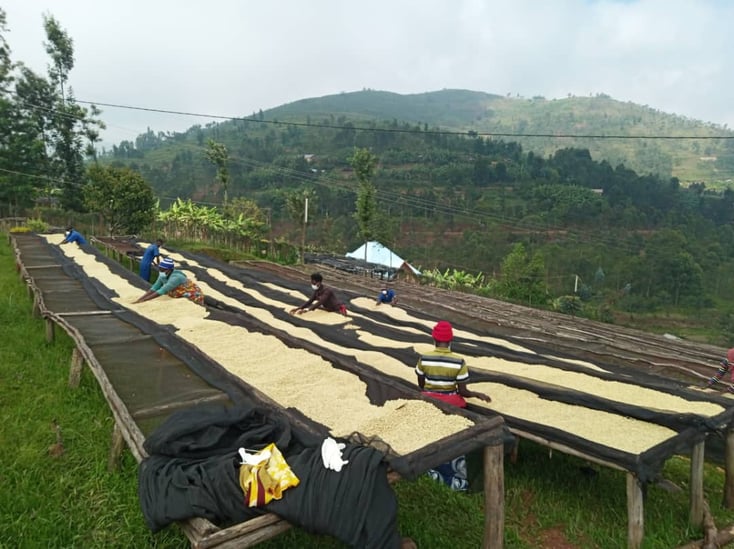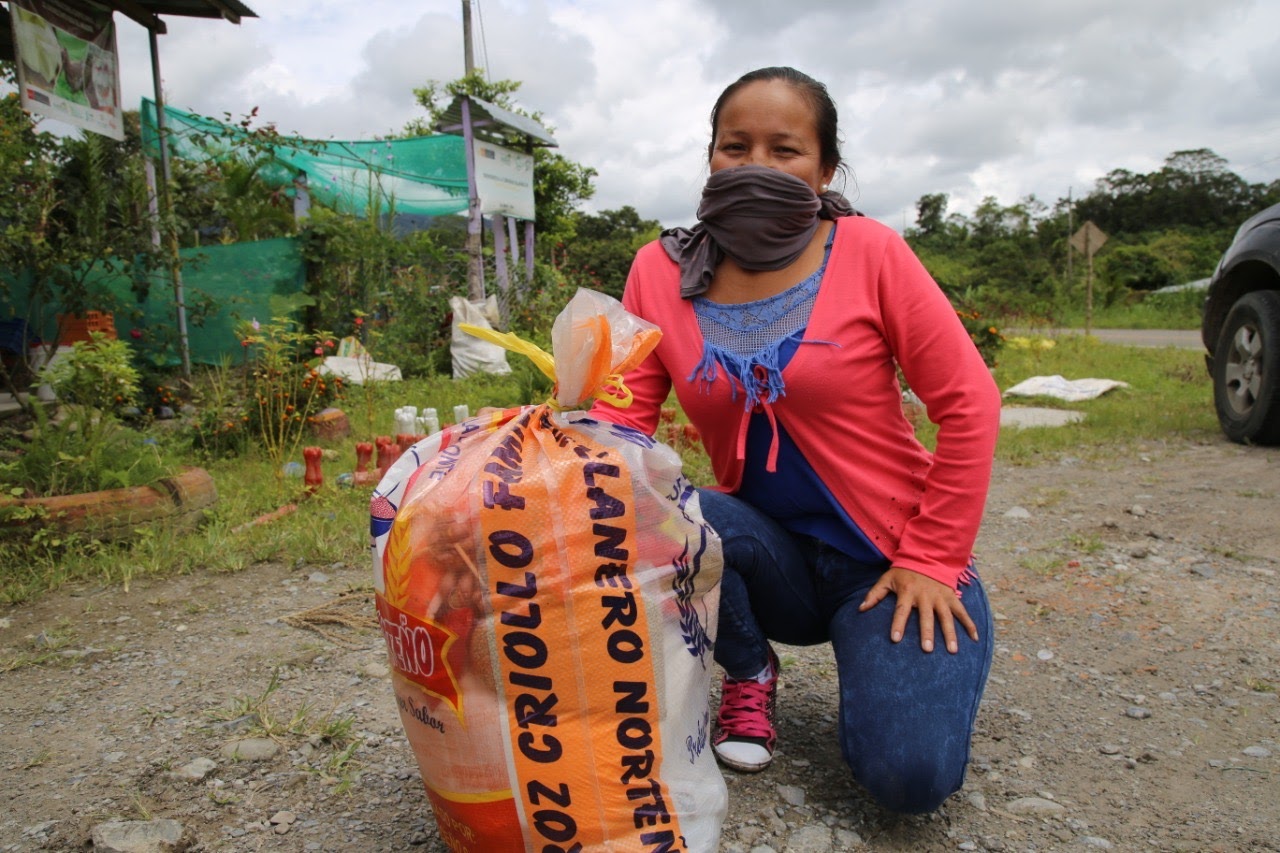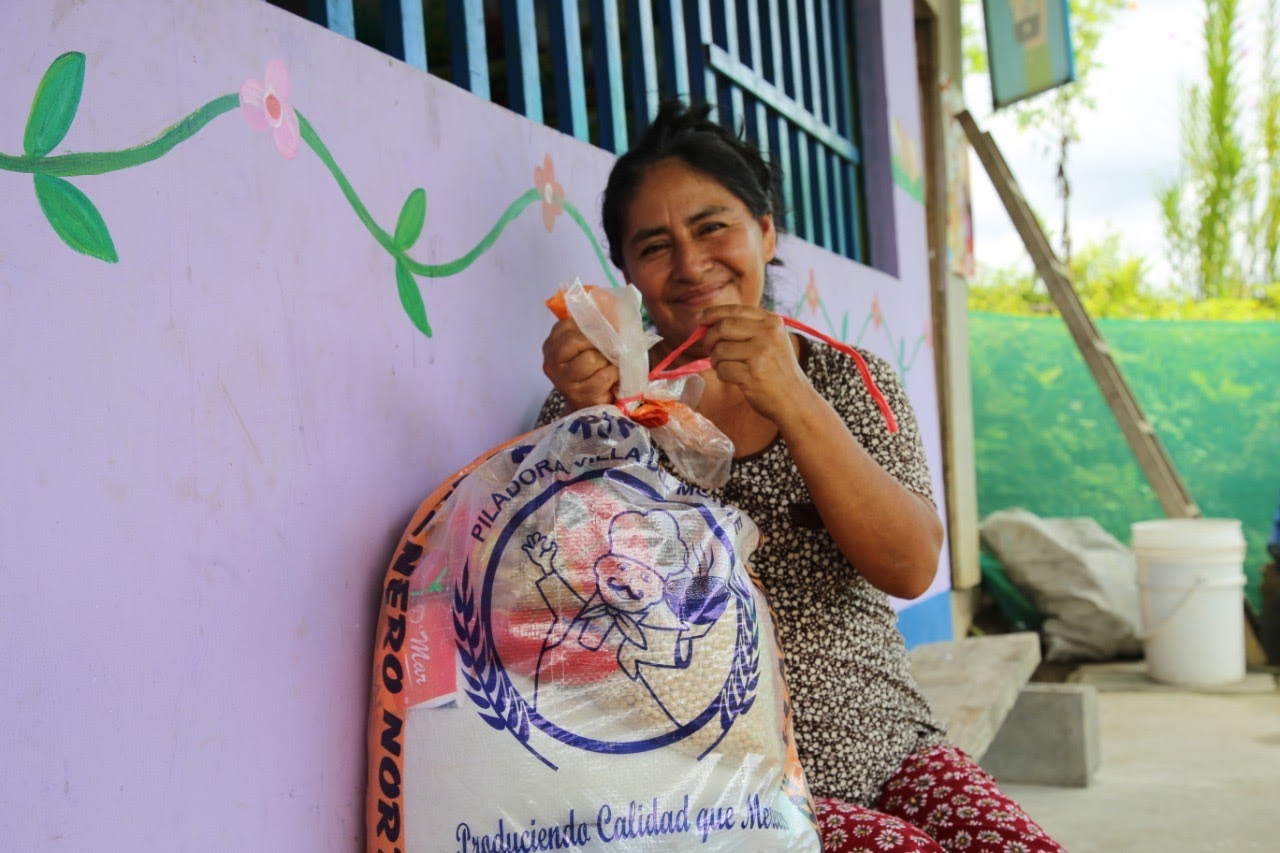
In Part 1 of this two-part series, we spoke with our Chief Coffee Officer, Jorge Cuevas, to assess the impact that COVID-19 is having at origin, and hear what challenges producers are facing.
Read on in Part 2 to learn what we believe are key actions roasters and buyers can take to help support their producer partners and best prepare for potential supply chain delays.
____________________________________________
You mentioned earlier that there’s a backup of coffee at ports and warehouses. How is this going to affect how buyers will be purchasing coffee?
These are 5 actions I would consider best practices:
1) Have at least 3 weeks worth of coffee on site. At least. To the best of every roaster’s capabilities, of course. Anything less, however, and you’re potentially opening yourself up to risk and disruption. Coffee warehouses haven’t closed in the US, but they’re working with shortened shifts and smaller crews. Everything is slowing down and we can’t rule out the possibility that warehouses will close. So, at the very least, have three weeks’ worth of product on-hand, but ideally up to three months, if possible. That’s physically having coffee on-hand, not just contracted.
"As the crisis continues to unfold, this is where transparent and integrated supply chains can really make an impact."
2) Shift your expectations forward by 2 months. To be clear, this is not to say that, at this time, shipments will be two months late. To best prepare in the event that delays do occur, however, we recommend acting as though this was the case. Doing so will expose gaps; the next step will be to work closely with your import partner to fill those gaps either through spot purchases, a realignment of your blends, etc. But in order to be safe, we advise recalibrating expectations and assuming coffees at source will be late. This will help you maintain business continuity.
3) Over-communicate with your importer and send a signal of commitment to your source partners. Producers facing the most uncertainty are those about to begin their harvest and are wondering, “Are people going to buy my coffee? Will I be able to bring my coffee to market?” This is where relationship coffee, communication and supply chain engagement is extremely valuable, now more than ever. As a roaster, it’s crucial that you stay as engaged as possible with both your importing and producing partners. Together, we can figure out the best strategies to carefully move forward. For example, if you used to buy two containers from a certain village—commit, instead, to one, sooner rather than later. You’ll be sending a signal to your producing partners that says, “We are still here with you. We can’t commit to what we used to buy from you, but we're not giving up on you.” A complete freeze of buying from source would only further compound labor issues and add to the sense of uncertainty. So be responsible AND sensible, but, to the extent that you can, send a signal of commitment to your source partners and stay in frequent communication with your importers. Make your decisions gradually, step by step, but engage with origin and give them the signal that things can move forward, carefully.
"It's during times like these that our producers must be able to depend on us, just as we regularly depend on them. Because our producer partners are just that—our partners."
4) Parcel out purchases and buy incrementally. Just like producers, green buyers are also facing uncertainty without a clear way to forecast purchases as coffee shops close and demand shifts to grocery and online sales. As you assess your situation, the safest route would be to break up your purchases and buy in increments. Whereas before you might buy all of your Colombian needs in one go, now make two or three sets of purchases instead. Again, this is where over-communicating with your importer is important. Get in touch with your importing partner, make a smaller purchasing decision now, and plan to review together in the immediate future. It’s more work, but it allows for the ability to adjust. This will help to avoid a purchasing freeze, while also preventing you from overcommitting and carrying inventory. Constant and consistent communication is key during this time.
 Cooperative leaders at Alto Mayo in Peru are distributing food to those in need.
Cooperative leaders at Alto Mayo in Peru are distributing food to those in need.
5) Find ways to support marginalized producers, if you can. While the pandemic is impacting everyone, it's also true that it's affecting some groups significantly more than others; in the case of the coffee supply chain, our producer partners and their families could be the ones hardest hit. Most coffee farming families are starting out at a much lower baseline. Many of them don't have access to the same resources and support systems that we do in typical “consuming” countries—resources like preventative equipment, government loans and grants, adequate healthcare and affordable food. Virtual classrooms aren't an option for the vast majority of producer children, and with ever tighter curfews and lockdown restrictions, going grocery shopping has become exponentially more difficult. Remember, there’s no Amazon or Instacart in the coffeelands.
Of course, we know that many of us on the other side of the supply chain are hurting as well—let's not minimize that at all. But for those of us who are in a position to look beyond our own circumstances, we believe that we all have a responsibility to do so. This is the heart of our Relationship Coffee Model. It's during times like these that our producers must be able to depend on us, just as we regularly depend on them. Because our producer partners are just that—our partners.
Consider supporting NGOs active in the field like Food 4 Farmers, Heifer International, or Root Capital—or, better yet, reach out to your producer partners directly and ask them what they need and what you can do to help. Many cooperatives are on the frontlines right now providing support to their wider communities. If you're not already connected with your partners, work with your importer to get in touch. Many producers and producer cooperatives are also active on social media where you can directly message them.
Even if you can’t provide financial support or buying commitments, you can send messages of solidarity. In this unprecedented moment, we can all feel isolated or overwhelmed. Let’s show farmers who are the lifeblood of our industry that they are not alone!
 Cooperative leaders at Alto Mayo in Peru are distributing food to those in need.
Cooperative leaders at Alto Mayo in Peru are distributing food to those in need.
____________________________________________
As the crisis continues to unfold, this is where transparent and integrated supply chains can really make an impact. This is when it’s actionable. During a crisis is when we make it count. When crisis hits, our system has to respond in the best way possible to all participants across the board.
Lastly, it's worth remembering that despite the social distancing, our sense of community as an industry is as strong as it’s ever been. Coffee roasters, by and large, have a very strong connection with their local communities and with their consumers. Coffee is a ritual for everyone. It doesn’t matter where you get your coffee from; people’s connection to their coffee is very strong. Consumers still want their coffee and they still want to support their local businesses in any way they can. With everyone so stressed and worried, a break for coffee is one of those few cherished moments that we all still need in our day, even if that might involve making the coffee yourself. That sense of connection through coffee still exists, so roasters will need to be adaptable and creative to continue engaging their communities. People still want their coffee, so let’s make sure we continue to provide it.



.png)
